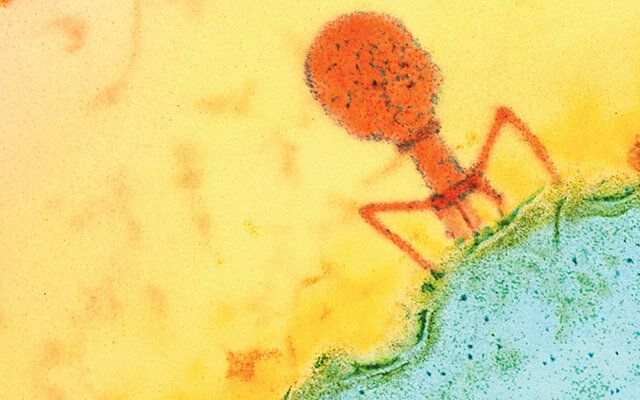Bacteriophages (phages) are viruses that specifically destroy bacteria. In the early 20th century, researchers experimented with phages as a potential method for treating bacterial infections. But then antibiotics emerged and phages fell out of favor. With the rise of antibiotic-resistant infections, however, researchers have renewed their interest in phage therapy. In limited cases, patients with life-threatening multidrug-resistant bacterial infections have been successfully treated with experimental phage therapy after all other alternatives were exhausted.
Researchers at University of California San Diego School of Medicine and their collaborators have now for the first time successfully applied phage therapy in mice for a condition that’s not considered a classic bacterial infection: alcoholic liver disease.
The study publishes November 13, 2019 in Nature.










Comments are closed.